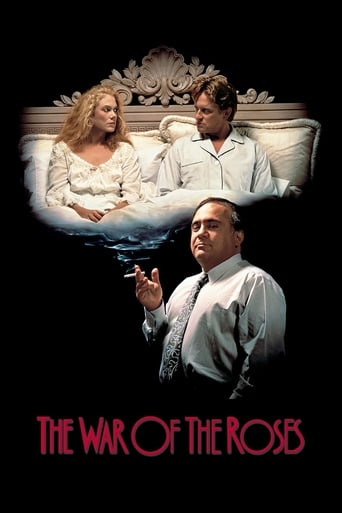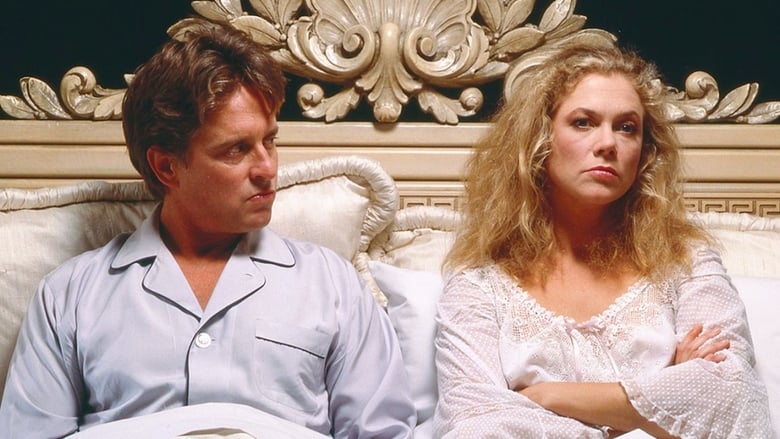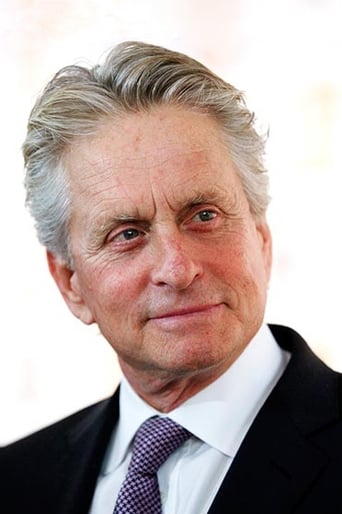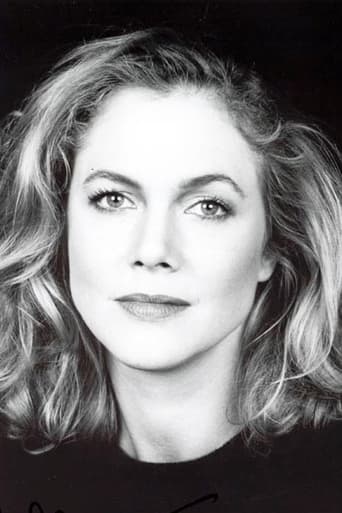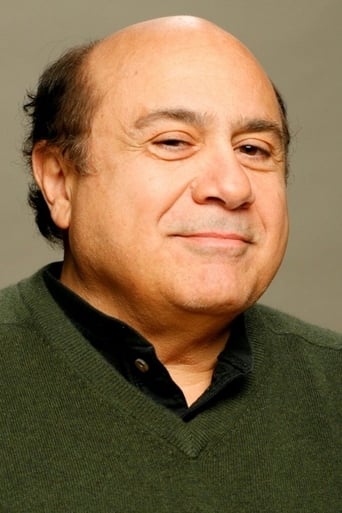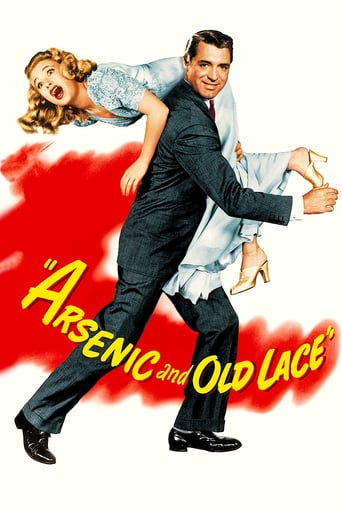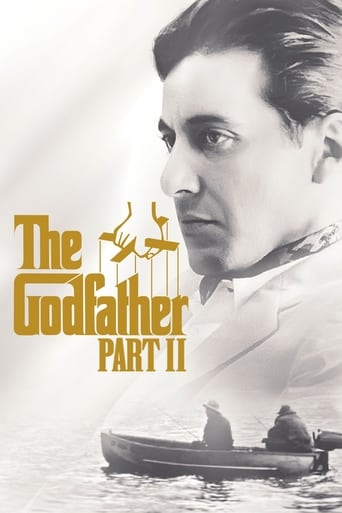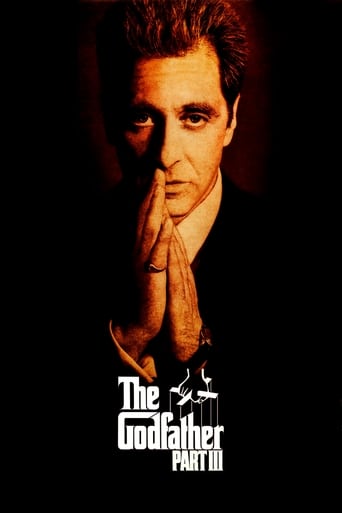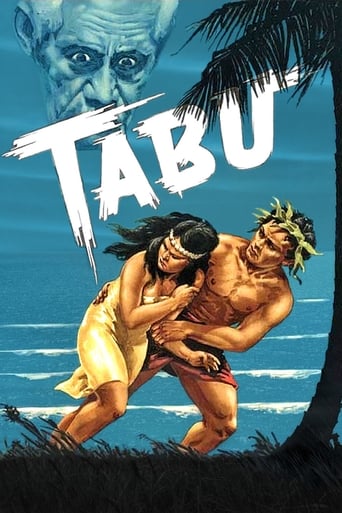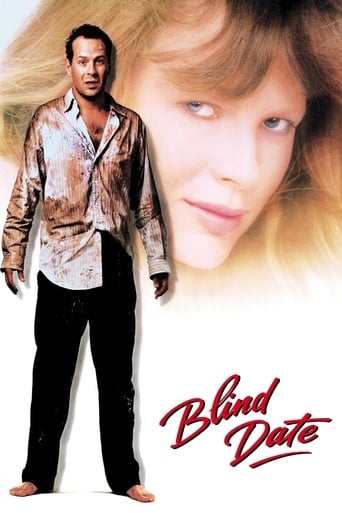The War of the Roses (1989)
The Roses, Barbara and Oliver, live happily as a married couple. Then she starts to wonder what life would be like without Oliver, and likes what she sees. Both want to stay in the house, and so they begin a campaign to force each other to leave. In the middle of the fighting is D'Amato, the divorce lawyer. He gets to see how far both will go to get rid of the other, and boy do they go far.
Watch Trailer
Free Trial Channels
Cast


Similar titles
Reviews
That was an excellent one.
Plot so thin, it passes unnoticed.
Let's be realistic.
Fantastic!
Danny DeVito's dark divorce comedy blends the right amount of laughs with quiet, powerful sequences that show glances of these two people still in love with one another. Michael Douglas and Kathleen Turner are very good as the crazy and uncivilized Oliver Rose and Barbara Rose, but it's Danny DeVito who gives the best performance in the picture, playing Oliver's best friend 'Gavin', a likable, helpful and reliable man that favours neither side, DeVito's character tells the story too, keeping it detailed, interesting and even with its many themes that include romance, comedy and drama. The War of the Roses is not the happiest film to watch for those of you that are enjoying marriage, but nonetheless it's a very good picture with some fairly strong insight.
This was labelled as a comedy, but had no more jokes than any other film. I don't appreciate IMDb wasting my time by saying this is a comedy, I hope I save someone the time of watching this film if comedy is what they're looking for.The film was just about the rise and fall of the Roses' marriage and is as dull as it sounds. The divorce quickly becomes nasty. This movie might be handy for marriage counselling (well before any problems arise), but isn't useful as entertainment. The description misrepresents the film by only focusing on the divorce, since a large chunk of the movie occurs while they're happily together.Danny DeVito frequently appears, but rarely with any significance. His client in the office really doesn't say enough, it feels very artificial.The casting was good, as the pets and children at various ages blend gracefully.The directing was good.
"My fee is $450 an hour, and when a man who makes $450 wants to tell you something for free, you should listen." So says Gavin D'Amato, played by Danny DeVito, a high priced lawyer who kicks off "War of the Roses" by offering a cautionary tale to a man considering divorce. This cautionary tale, of course, is the film we're about to watch. As he is also the director of "War of the Roses", DeVito functions as both the narrator inside and outside of the film.D'Amato's tale is about acquisitions, possessions and the power of money, so the lawyer's early mentioning of cash is significant. In offering his advice for free, however, D'Amato sets himself up as being morally apart from the world he is about to describe. He is a voice of reason, or so he would like us to think.D'Amato's tale? Kathleen Turner and Michael Douglas play The Roses, a wealthy couple who first meet at an auction (this meeting place is fitting; the duo battle over objects from the onset). With marriage then comes riches, happiness, big houses, and many garish possessions, the film painting a now familiar Utopian image of late 1980s Reganism. When the passion of romance fades, however, the couple instigate a bitter, violent divorce. From here on, the film becomes a dark comedy, a demented version of "Citizen Kane", each self-obsessed partner blaming the other for their psychoses, and each becoming maddeningly preoccupied with acquisitions, possessions, inventories, objects and artifacts, to the complete exclusion of everything else. As the marriage crumbles, the couple become so obsessed with surfaces (the film takes place at "Christmas", man's festive ode to consumerism) that they conduct a literal, and quite violent, war in their own opulent mansion. Set in Washington DC (military-looking helicopters constantly fly over apocalyptic, DC skylines), the militaristic tone of the movie has obvious, larger ramifications. The capital of the United States is capital. Nothing else matters. Cue much violence and possessiveness, culminating, fittingly, in DeVito directing a biopic of trade unionist Jimmy Hoffa three years later.It's a very good film, handsomely directed by DeVito, whose love for Hitchcock is apparent throughout. Douglas and Turner also do well, chewing scenery left, right and centre. Both have always been drawn to dark roles. Here they satirise their romantic unions in the "Romancing the Stone" movies, in which their both starred, and also a number of their previous films, in which Douglas is typically a yuppie careerist, a greedy scoundrel, a man who's consumed by dangerous women and exhibits drives toward power and success through money, while Turner is typically a femme-fatalle or marginalised woman driven to further exclusion. In "War of the Roses" the duo both play toward these now familiar roles, whilst also laying bare the crassness behind them. The shock of the movie is not that the Rose's rosy marriage fails, or even that the couple are willing to kill to keep their possessions, but ultimately that their marriage was always itself all about acquisition.The film then ends with a dying Douglas putting his hand on a dying Turner. We perceive this as an act of affection, but she clearly views it as an act of possession. Her dying act is to push him away, her body passing unclaimed.7.9/10 – Good but too long. For a more intellectual take on this material, see Olivier Assayas' "Summer Hours". Worth two viewings.
Cinema provided countless examples of unforgettable love stories: Tony and Anita, Rick and Ilsa, Oliver and Jenny; which indirectly begged for a film that would finally pay tribute to the opposite feeling, the so-underrated hatred. And on that level, Danny De Vito, the director, did one hell of a job. In "Throw Momma from the Train", De Vito had already established his capability to mix between dark humor and Oedipian issues, in "The War of the Roses", the comedic aspect on which relies the greatness of the film, fails to hide its intelligent sociological commentary on marriage, and whatever can build it or make the most solidly built one literally collapse."The War of the Roses": the title is ironically very poetic as if it deliberately conveyed the ambiguity between love, flame and passion (roses) and probably the most violent, absurd yet representative constituent of humanity: the exercise of war. Indeed, and it's one of the strengths of the script, the hatred between Oliver (Michael Douglas) and Barbara Rose (Kathleen Turner) is never detached from the passion that made the love story possible, and this is essential to understand why the level of violence graduated in such a spectacular and disturbing way. On the surface, the story of the Roses is told from a divorce lawyer trying to convince a client that divorcing can be costly on many unsuspected levels. Fittingly, Danny De Vito uses a very solemn and almost stereotypical voice to introduce the couple; whose story starts as a fairy tale: Oliver and Barbara meet in an auction, and spend a romantic rainy evening followed by their most intense sex ever. Barbara decides that night that either it would be the most romantic night of her life, or she'd be the slut of all-time, Oliver can't picture himself with another woman the romance begins.Everything in the picture looks so perfect, to comfort that fairy tale aspect, but there's something cleverly hiding behind the scenes, something that becomes more and more obvious as time goes by. Barbara is romantic and passionate, Oliver is caring and pragmatic, it seems so benign in the beginning but progressively, these aspects of their personalities trace two opposite roads that would shortcut any possibility of a durable relationship. Barbara is the typical housewife caring, furnishing and decorating the house she discovered herself, until it became the perfect home for the perfect happy family, while Oliver worked on the 'funding' department, and hard enough to get the money to achieve his personal success, correctly earning what his wife would spend for the family's sake. Somewhere in between, despite all the decent and good intentions, the passion is slowly fading, making more visible whatever separates Oliver and Barbara; from their visions of life to details as significant as the animal pets they chose for company and little by little, we witness the erosion of a perfect model of stability.Interestingly, the movie's apparent neutrality doesn't deprive it from an intelligent dose of objectivity depending on the gender's perspective. The point is not to admit that Oliver loved Barbara and she was the one who started hating him, or that he was a selfish jerk and she was a collateral damage of his ambition, I think what the film achieves to accomplish is to make us root for the opposite gender, or at least try to understand what went wrong from the other side. I watched the film with my girlfriend expecting her to root for Barbara while she was on Oliver's side, as a reaction, I tried to understand Barbara and the diagnosis I came with is that she sacrificed an exhilarating feeling of freedom to build a family, and while she never doubted her husband's true love, she felt like he was loving his idea of the couple, more than the couple itself. Oliver loved an entity emptied from its passionate core and Barbara couldn't endure a loveless life. The performances of both Michael Douglas and Kathleen Turner are the perfect spice for a story that could have been insipid otherwise. Douglas is brilliant as a tender but laughably self-centered jerk while Turner pushes a certain level of sexy deliberate evilness as the counterpart of twenty years of eternal docility.The performances, the set-up, efficiently works to create an unforgettable third act, when the war can start, and if the movie doesn't avoid some predictable or over-the-top situations, it remains faithful to its own premise by showing how far a couple can go during a divorce. At one point it get so chaotic that we might find it unrealistic but that's only if we consider it as a movie about divorce, when it's more about love and hate. Neither of them want to give up the house, not because it would be economically unacceptable, but for a simple matter of territoriality. And when money stops to be the main motive, when it's for such principles, when there's no way to reason each of the two protagonists, when basically both of them have nothing to lose, then the effects can become devastating. And the film is so dark and perverse, than it doesn't leave us with much optimism about the fate of Oliver and Barbara Rose.Love and hate are fruits from the same tree and I guess one can't intensely hate a person if he hasn't experienced a totally opposite feeling. Passion is the driver of the most inspiring emotions but it also works as a double-edged sword when its effect is injected in our most negative thoughts. We hate someone we loved for having fooled us, and make us waste our lives, and life is too precious to be wasted. Hatred is driven by an attachment to our lives' ideals, and when these ideals are ruined, yesterday's beloved become today's enemy... and enemy is the right word for we're talking of a war, "The War of the Roses", Danny DeVito's black comedy gem.

